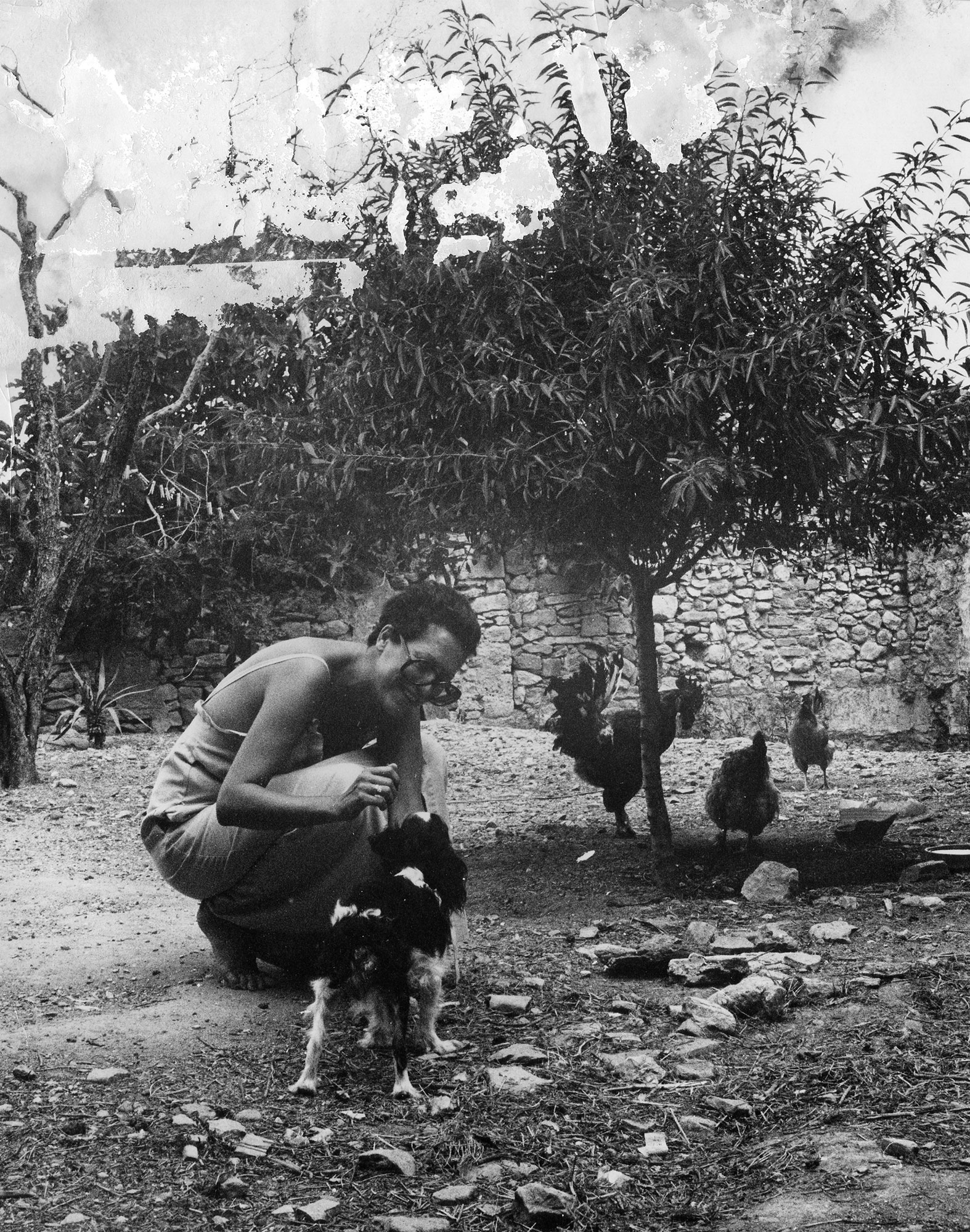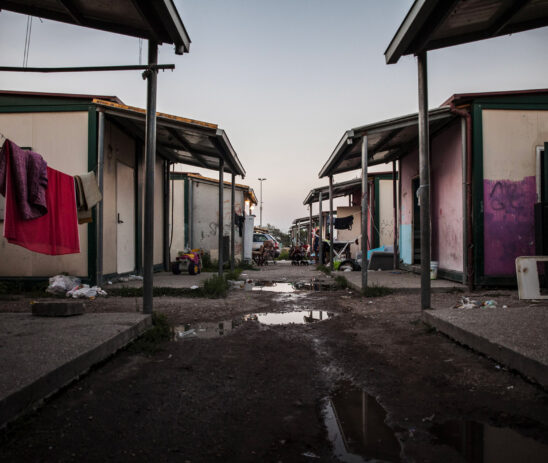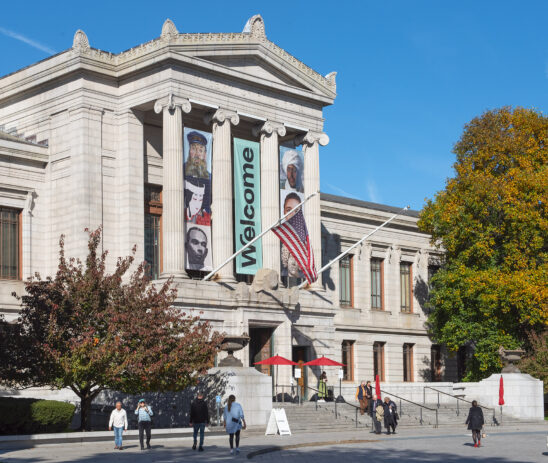 ©All rights reserved Luca Catalano Gonzaga / Witness Image
©All rights reserved Luca Catalano Gonzaga / Witness Image
-

THE Years with Elsa
Established in 2000, the Nando and Elsa Peretti Foundation was born out of Elsa Peretti’s sense of civic duty, her desire to give back to society, and to address growing social and economic inequalities and planetary degradation. During its 21 years with Elsa, the Foundation worked across diverse funding areas from Biodiversity Conservation to Education, from Human Rights to Health, from Medical Research to Arts and Culture, to pursue a broad statutory mission.
-

TODAY’S MISSION
Today the Nando and Elsa Peretti Foundation is driven by a singular belief: that profound change for present and future generations depends on a harmonious relationship between humans and nature. In the pursuit of this vision, the Foundation champions initiatives that redefine individuals’ relationships with their communities and natural resources.
“I give back part of what life has given me”

-
+75 millions
granted since 2000 -
supported
+1200 projects -
projects supported
in +80 countries











